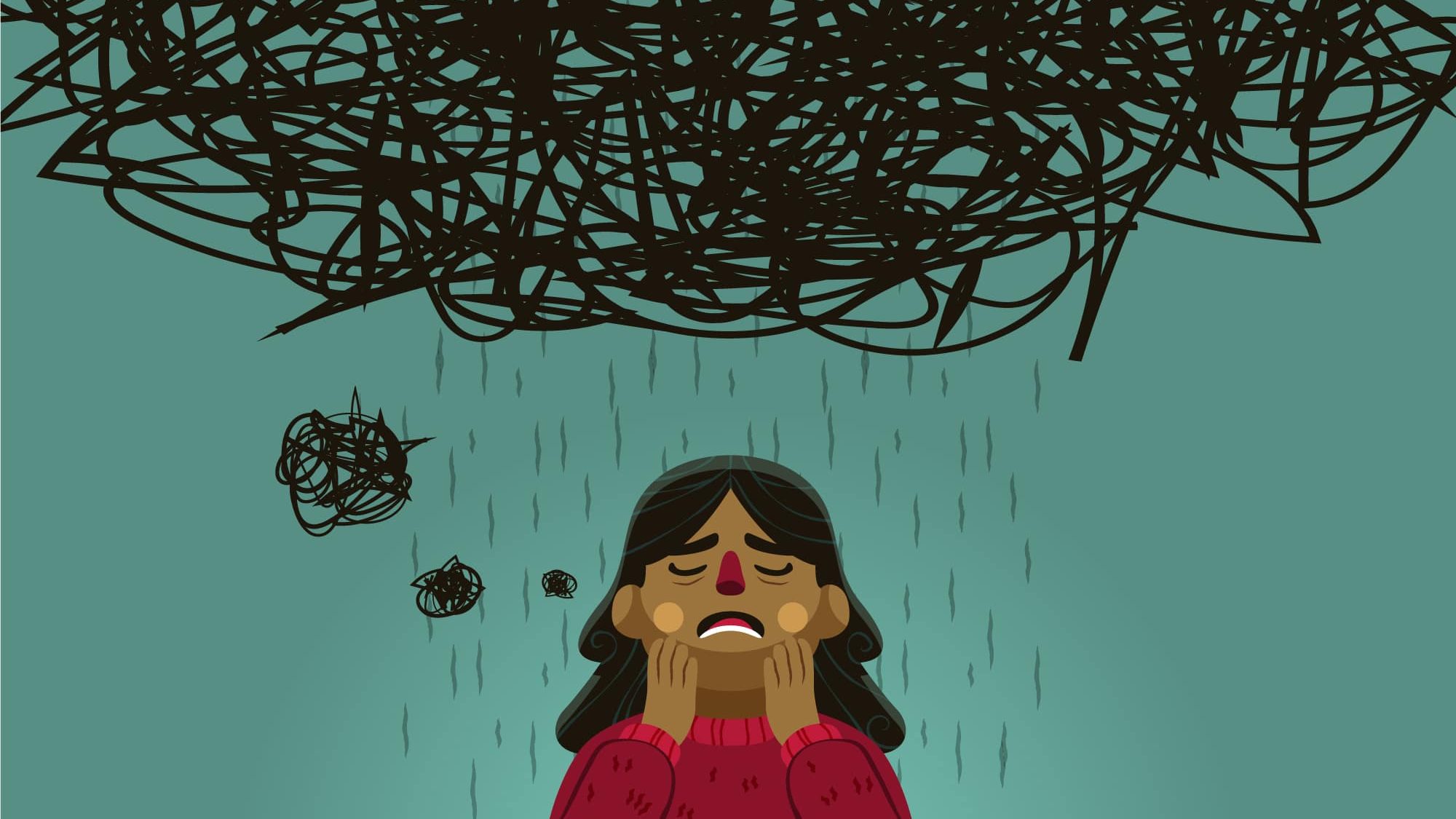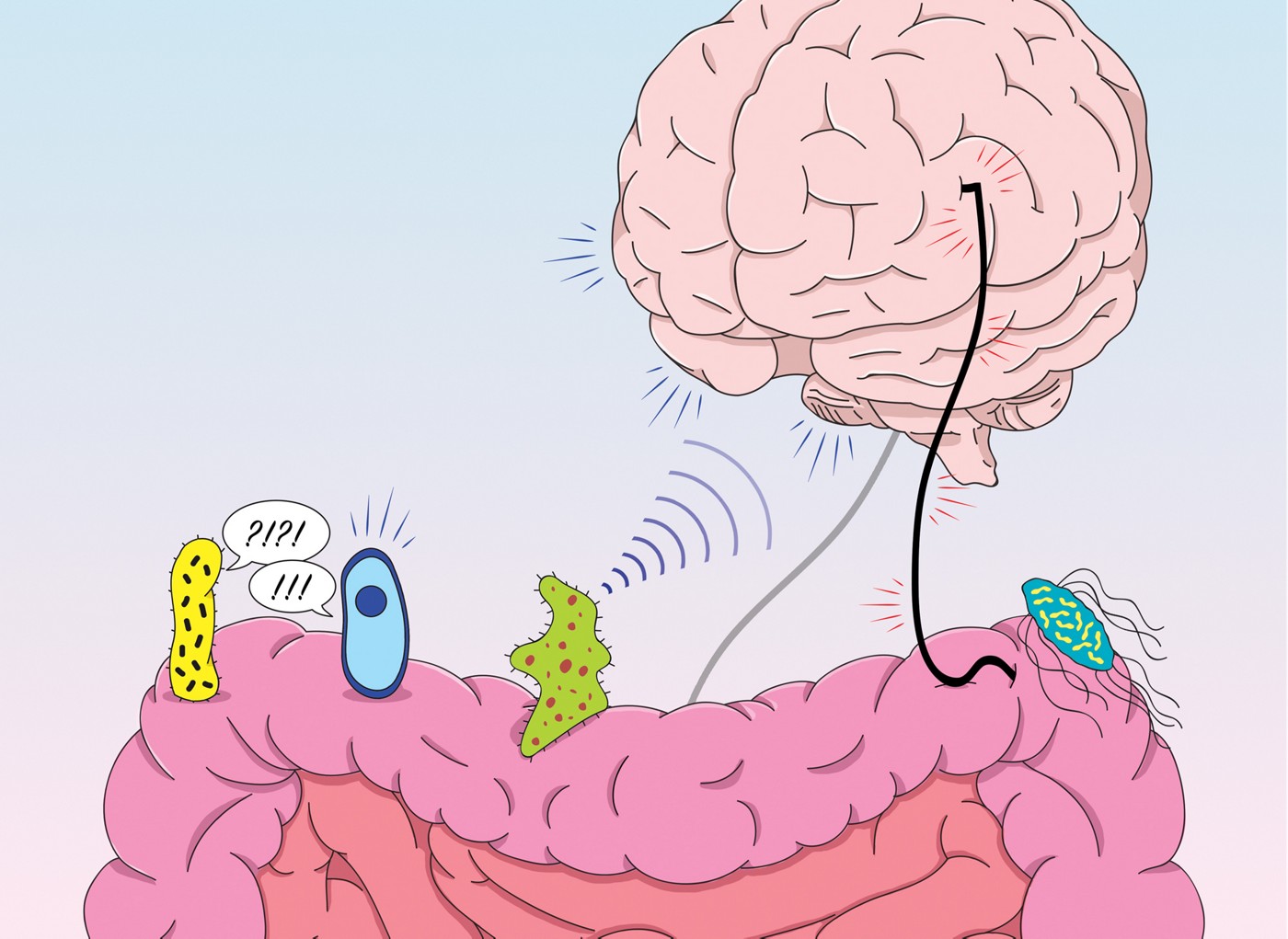
A complex mental health illness called bipolar disorder sends sufferers on a rollercoaster of emotions. Leading a successful life despite the problems requires understanding its complexities and locating efficient coping techniques. The depths of bipolar disorder are examined in this article, along with its forms, causes, symptoms, diagnosis, available treatments, and more. Let’s go out on this quest to bring awareness to a problem that millions of people face worldwide.
Introduction to Bipolar Disorder
Extreme mood fluctuations are a feature of bipolar disorder, formerly known as manic-depressive illness. These oscillations frequently take the form of extreme despair or hopelessness, known as depression, and times of tremendous exhilaration, known as mania or hypomania. People with bipolar disorder frequently have trouble efficiently controlling their emotions.
Types of Bipolar Disorder
Bipolar I, bipolar II, and cyclothymic disorder are the three main subtypes of bipolar disorder. Bipolar I is characterized by intense manic and frequently depressed episodes. Hypomanic and depressive episodes, which are less severe than complete mania, are a part of bipolar II. Numerous hypomanic and depressive symptoms are present in cyclothymic disorder but do not match the diagnostic standards for full-blown episodes.
Causes and Risk Factors
Although the precise causes of bipolar disease are yet unknown, it is thought that genetic, biochemical, and environmental factors have a substantial impact. Bipolar disorder runs in families, so people who have endured terrible experiences or long-term stress are more susceptible.
Common Symptoms
Bipolar disorder symptoms can range greatly in severity from moderate to severe. People may go through manic phases where they have higher moods, more energy, racing thoughts, and impulsive conduct. In contrast, depressive phases are characterized by intense sadness, exhaustion, difficulty focusing, and a lack of interest in previously appreciated activities.
Diagnosis and Assessment
A mental health expert will perform a thorough examination to diagnose bipolar disorder, taking into account the patient’s symptoms, medical history, and family history. Mood monitoring and psychological assessments are crucial instruments in the diagnosis process that aid in choosing the best course of action.
Treatment Options
Combinations of medication, counseling, and lifestyle modifications are frequently used in the treatment of bipolar disorder. Antipsychotics, antidepressants, and mood stabilizers are a few examples of medications that can help control symptoms. Psychoeducation and cognitive-behavioral therapy (CBT) are two further forms of therapy that help in understanding and managing the disease.
Coping Strategies
Developing a regimented schedule, exercising frequently, getting enough sleep, and practicing stress reduction are all important components of bipolar disease management. An individual’s quality of life can be greatly enhanced by learning to recognize triggers and using appropriate coping methods.
Support Systems
Creating a solid support system is essential for those with bipolar disorder. A safety net during trying times is to surround oneself with supportive family and friends and seek advice from mental health professionals.
Impact on Relationships
Relationships can be impacted by bipolar illness, necessitating open communication, empathy, and understanding on the part of the affected person as well as their loved ones. Building healthy connections requires educating people about the condition and its impacts.
Public Awareness and Stigma
Creating a more compassionate and understanding society requires increasing public awareness of bipolar disorder and lowering its stigma. Public awareness of mental health issues helps create a more welcoming and inclusive environment.
Living a Fulfilling Life with Bipolar Disorder
Many bipolar disease sufferers have successful, meaningful lives in spite of the difficulties they face. In order to properly manage the disease, it is important to pursue one’s passions, lead a healthy lifestyle, and seek appropriate treatment.
Research and Future Developments
A deeper comprehension of the fundamental causes of bipolar disease and better therapies are possible thanks to ongoing research. Technological and scientific developments could lead to more specialized and efficient treatment.
Preventive Measures
Improving general mental health and halting the exacerbation of bipolar disorder symptoms can be achieved by early intervention, education, and de-stigmatization.
Case Studies and Personal Experiences
Bipolar disorder survivors’ first-hand accounts can offer priceless insights and motivation to those enduring comparable difficulties. These narratives provide insight into the successes and coping mechanisms for this difficult illness.
Conclusion
Bipolar disease is a complex illness that requires knowledge, assistance, and skillful treatment. People with bipolar disorder can manage their ups and downs and lead satisfying lives by raising awareness, adopting a caring mindset, and aggressively seeking the right help.
FAQs (Frequently Asked Questions)
Is bipolar disorder treatable?
It is possible to treat bipolar disorder with a mix of medication, counseling, lifestyle changes, and a solid support system.
Can bipolar disorder affect children and adolescents?
Indeed, bipolar disorder can show differently in kids and teens than in adults, but it can nonetheless exist in these age groups.
Is bipolar disorder a lifelong condition?
Although bipolar disorder is a chronic condition that needs to be managed continuously, people with the correct care and support can lead happy, fulfilled lives.
Can lifestyle changes help manage bipolar disorder?
Indeed, maintaining a healthy lifestyle that includes regular exercise, a well-balanced diet, and stress reduction can help manage bipolar disorder in addition to medical treatment.
Is it possible to work and have a successful career with bipolar disorder?
Yes, a lot of people with bipolar disorder lead fulfilling lives and successful jobs when they receive the right care, support, and self-management techniques.












